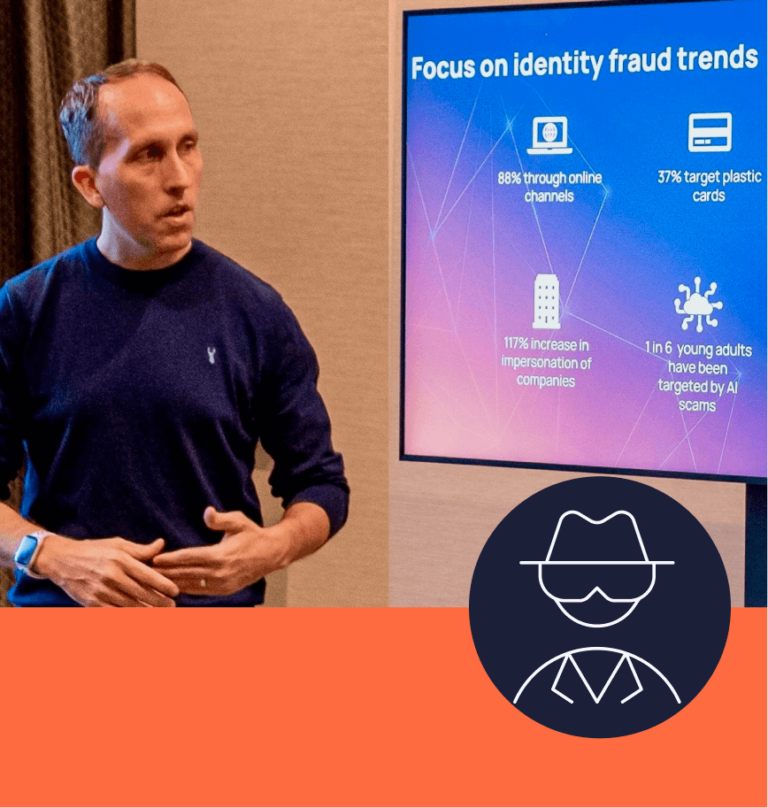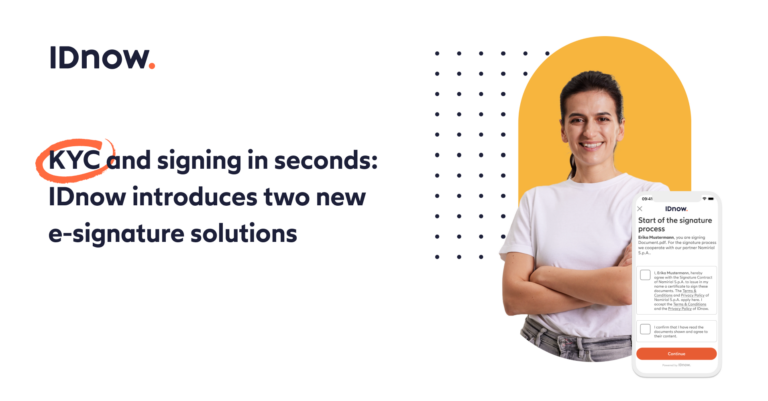What is Due Diligence?
Due diligence is a term used in law or in business to describe due diligence before making purchasing decisions.
Due diligence generally refers to an investigation or review conducted to confirm facts. In German, it is also often referred to as Sorgfaltsplicht, which describes the same principle: In the financial world, a review of financial records is required before entering into a proposed transaction, contract or business relationship with another party. Due diligence is related to the know-your-customer principle, which means "know your customer." The need for banks or other financial service providers to review customer data is also called customer due diligence (CDD).
How can companies comply with customer due diligence?
Customer due diligence involves checking a customer's background, firstly to establish their identity and collect all relevant personal data, and secondly to establish the risk posed by that person when entering into a business relationship. This is done by checking his full name, a photograph on an official identification document, his date of birth and his residential address. This first verifies his identity and confirms that the potential contractual partner is indeed the person specified.
Based on this data, a background check of the person is performed. Based on global sanctions lists and lists of Politically Exposed Persons (PEP), it is ruled out that a risk will be taken on when concluding a contract with this person or that existing laws will be violated.
If customers appear on lists of politically exposed persons or other sanctions lists, an extended due diligence process known as enhanced due diligence (EDD) can be applied. In this case, an even more detailed examination of the person takes place. Using a complex risk-based process, a more accurate statement can be made about a customer's individual risks.
Automated due diligence solutions
The background check can be integrated into the onboarding process of new customers as an automated anti-money laundering (AML) screening. As an add-on to AutoIdent, an automated identity verification solution, IDnow offers embedded anti-money laundering screening. After automatically verifying the customer's identity using the latest AI technology, AML screening checks whether the person can be found on the lists mentioned above. Optionally, a check for negative reporting can also be performed or additional watch lists can be consulted for matching. In addition, ongoing monitoring can be integrated and matching can take place at regular, self-selected intervals. Incorporating AML screening into identity verification makes the know-your-customer process more efficient by eliminating an additional step to upload customer data.
Why do businesses and organizations need due diligence?
Companies are legally required to verify business partners prior to entering into a transaction or contract. This is mandated by the Money Laundering Act. It is intended to prevent illegal funds from entering the financial cycle. Companies that must comply with this due diligence obligation include financial service providers, real estate agents, notaries and auditors. Should companies fail to comply with these obligations, fines or even imprisonment may be the consequence.
Last but not least, it is also important to safeguard one's own reputation. If a company is associated with money laundering or other criminal activities, this will cause lasting damage to its reputation. This can also result in financial losses. In addition, a company's own economic interests can also speak in favour of a due diligence check. In the case of a planned company takeover or investment, the due diligence check of the candidate plays an important role in order to weigh up risks but also advantages and strengths in detail and to secure the purchase.



